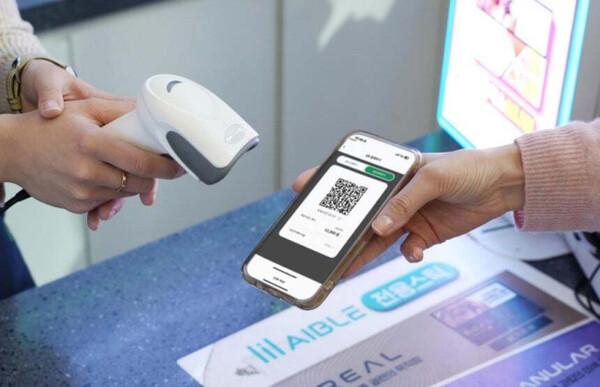
The CBDC (Central Bank Digital Currency) project pursued by the Bank of Korea has ultimately come to a halt at the preparation stage of the second test. The primary reason is the massive cost burden on the banking sector, and it appears likely to be re-discussed after observing future stablecoin legislation.
According to the financial industry on the 29th, the Bank of Korea notified participating banks in an online meeting on the 26th that discussions on the second test would be temporarily suspended and put on hold. A commercial bank official stated, "The Bank of Korea explained that with uncertainty about how CBDC, stablecoins, and deposit tokens differ and can coexist, and with ongoing stablecoin legislation, they will wait and see the situation" and added that "due to high uncertainty and bank difficulties, the Bank of Korea made the decision to suspend the project."
There are also rumors that the department overseeing the CBDC real transaction test will be reorganized from the existing digital currency laboratory to another organization. The CBDC real transaction test is a project where the Bank of Korea issues an 'institutional digital currency', participating banks issue and distribute 'deposit tokens' as a payment method, and then review whether financial consumers can use them for payments without issues.
The Bank of Korea and seven banks started the first test targeting 100,000 financial consumers in April and plan to conclude it by the end of this month. Originally, the Bank of Korea planned to start a second follow-up test around the end of the year, reflecting peer-to-peer transfers, expanded payment acceptance points, and simplified authentication methods. The primary reason the second test was scrapped is that the banking sector increasingly voiced concerns about bearing costs without a specific commercialization plan.
The banking sector recently reported, "There are differences of opinion with the Bank of Korea regarding the subsequent test" and explained the difficulties, including the need for additional policy requirements like suspicious transaction reporting systems and fraud detection systems, additional system development, and business budget allocation as the test scope expands to peer-to-peer transfers and additional payment points. They requested establishing a 'CBDC General User Real Transaction Test Task Force' involving all relevant departments from the Bank of Korea and banks, including a long-term roadmap with commercialization plans.
According to the seven commercial banks participating in the first-stage test, each bank invested between 3 billion and 6 billion won in infrastructure and marketing for the Han River Project. Averaging 5 billion won, the seven banks have spent approximately 35 billion won on the project.
As dissatisfaction grew over uncertain schedules, goals, and financial burdens, Bank of Korea Governor Lee Chang-yong personally met with bank presidents participating in the Han River Project last month and promised to cover more than half of the second test's costs. However, he ultimately failed to regain momentum for the project.
With the discussion of the Bank of Korea's second real transaction experiment temporarily suspended, each bank is expected to accelerate preparations for stablecoin issuance with other banks or non-banking companies. The Bank of Korea has repeatedly emphasized that 'deposit tokens' are essentially the same concept as stablecoins, just with different names. Stablecoins are cryptocurrencies designed to be pegged to legal tender to reduce price volatility.
With the second test postponed or suspended, banks must now find their own paths. The banking sector is considering establishing a consortium and joint venture to collectively issue stablecoins while also contacting various non-banking companies in preparation for stablecoin legislation and issuance. For instance, Hashd, the largest blockchain investment company in Korea, is reportedly discussing a won-based stablecoin issuance plan with major financial holding companies.








